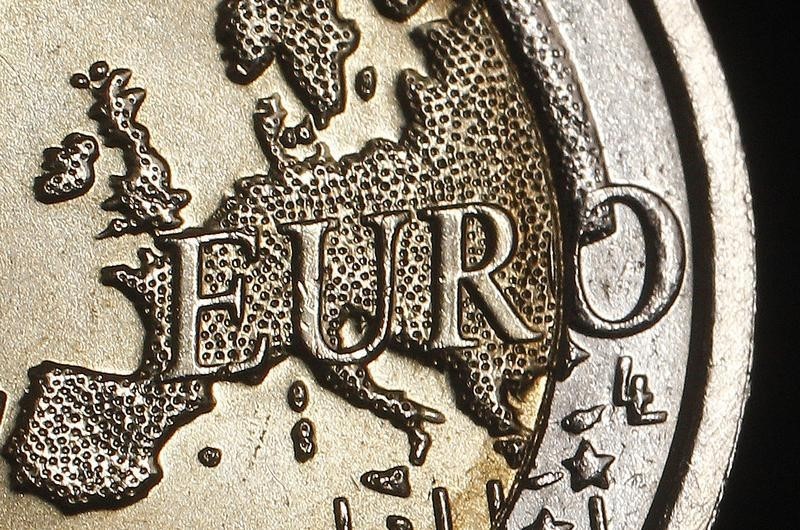* Canadian dollar on defensive as oil prices fall further
* Euro firms on Reuters report ECB wary of more action
* Sterling awaits BOE's first policy review of 2016
By Jemima Kelly
LONDON, Jan 14 (Reuters) - The euro gained around half a
percent against the dollar on Thursday after Reuters reported
that European Central Bank policy makers are sceptical about the
need for further policy action in the near term.
Oil-rich Canada's dollar fell to its lowest level since
April 2003 with a further slide in crude prices expected to
undermine the Canadian economy, fuelling speculation that the
Bank of Canada could cut interest rates as early as next week.
The ECB also meets next week with the session expected to be
relatively uneventful, with the big test coming when the ECB
releases its initial 2018 growth and inflation forecasts on
March 10.
But some of the five central bankers who spoke to Reuters
said that even if these forecasts were to be revised downward,
the ECB should not respond immediately.
Rate-setters remain wary about further action, even if that
requires them to temporarily turn a blind eye to the impact of
falling oil prices or the fact that inflation has been below the
ECB target for three years.
The euro gained around half a percent after the article was
published, touching a three-day high of $1.0937 EUR=D4 .
"It decreases expectations of the ECB doing more in the
short term," Credit Agricole (PA:CAGR) FX strategist Manuel Oliveri said
in London. "Expectations had again risen - on the back of weaker
commodity price developments and their impact on inflation -
that the ECB could turn a bit more dovish next week.
"But it cannot be excluded that (ECB chief Mario) Draghi
sounds more dovish next week, regardless of such stories."
The European Central Bank will be publishing the minutes
from its December meeting at 1230 GMT.
The loonie - traders' nickname for the Canadian dollar -
fell to C$1.4389 against its U.S. counterpart CAD=D4 as
benchmark Brent crude hit a new 12-year low. Canadian heavy
crude also collapsed to around $15 a barrel this week, the
lowest level since the benchmark was introduced in 2004.
O/R
"Negative oil price momentum is negative for Canada
generally, given that it's a major oil exporter, and also it
seems to have become the case that BOC (Bank of Canada) rate
expectations are also linked directly to the oil price," said
RBC Capital Markets currency strategist Adam Cole.
"So the move in the currency is being compounded."
Ahead of the Bank of England's latest monetary policy
meeting and interest rate decision at 1200 GMT, sterling hit a
one-year low against the euro EURGBP=D4 of 76.07 pence.
The consensus is that the BOE will again leave interest
rates where they have been - at 0.5 percent - since early 2009,
and some investors suspect the central bank may sound more
dovish given the uncertain global backdrop.
But given the fact that sterling has fallen more than 5
percent since the last meeting, easing some deflationary
pressures, policymakers could sound a more upbeat tone, which
analysts said would provide the pound with some respite.
